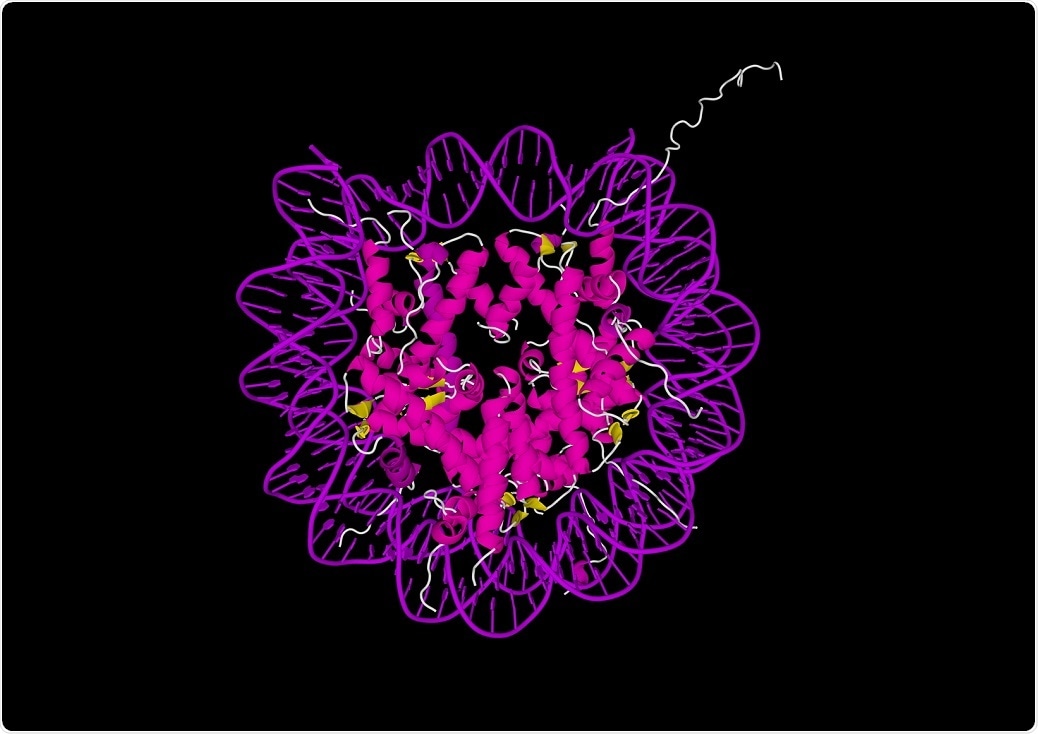An international team of researchers has made an important discovery about the epigenetics involved in Alzheimer’s disease that could aid the identification of effective treatments in the future.
 Image Credit: OMMB / Shutterstock
Image Credit: OMMB / Shutterstock
The research, which was led by the University of Exeter and the University of Essex, investigated changes in gene activity that are not caused by DNA mutation.
These epigenetic modifications represent an exciting area of research, because unlike DNA, they can be influenced by environmental factors.
This means that in the future, their activity could potentially be altered.
As reported in the journal Nature Neuroscience, Jonathan Mill and colleagues studied an epigenetic modification called histone acetylation, which marks areas of the genome that are active.
Histones are the structures that DNA is tightly packed around inside cells and they can be modified to mediate gene activity.
Mill and team measured levels of histone acetylation across the genome using brain tissue samples taken from deceased patients with and without Alzheimer's.
The researchers report that increases and decreases in the level of histone acetylation were observed across regions of the genome, enabling the identification of genes playing a role in Alzheimer’s.
Changes influencing the activity of many genes were found to be robustly associated with the pathological hallmarks of Alzheimer's disease. Interestingly, our results suggest there are common mechanisms both hereditary and isolated forms of this terrible illness."
Sarah Marzi, Co-author
Interestingly, differences were observed in regulatory regions that mediate expression of both the amyloid and tau proteins, which are known to play important roles in Alzheimer’s disease.
The study is the first to provide a genome-wide investigation of histone acetylation in Alzheimer’s and provides a platform for researchers to study histone modifications in other brain diseases.
Although more work is needed to explore whether altered histone acetylation is a cause or a result of the condition, it is interesting that drugs modifying histone acetylation are among the most promising new treatments for Alzheimer's disease.”
Jonathan Mill, Research Lead